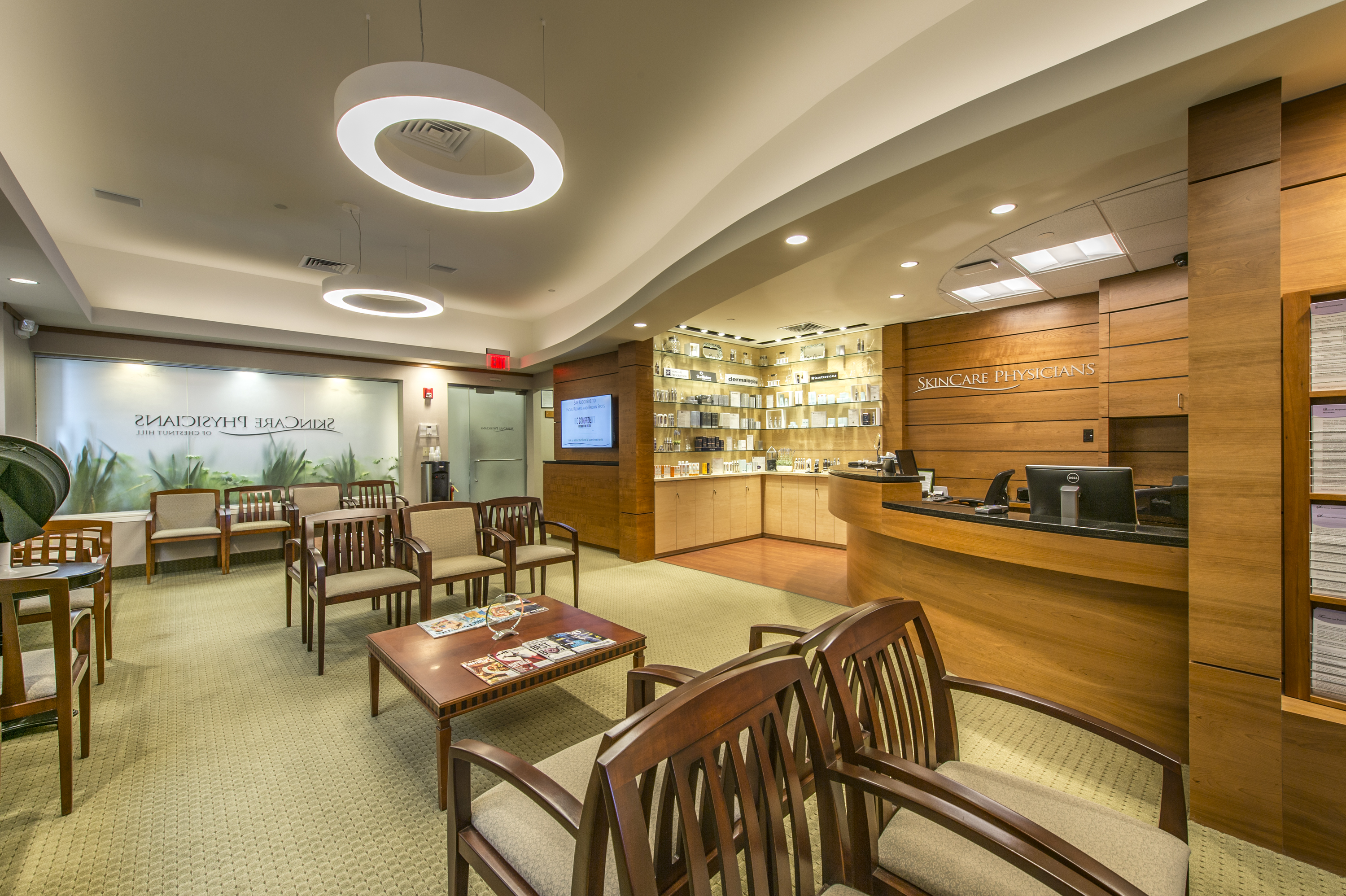Should people with skin of color wear sunscreen?
 Summer is here and we find ourselves talking about sun protection and sunscreen use every day in our clinic. Frequently, my patients with skin of color ask me whether their dark skin provide them with good protection or if they have to wear sunscreen.
Summer is here and we find ourselves talking about sun protection and sunscreen use every day in our clinic. Frequently, my patients with skin of color ask me whether their dark skin provide them with good protection or if they have to wear sunscreen.
The answer is a resounding YES! All skin types should be wearing sunscreen. We all have the same number of melanocytes, the skin cells responsible for producing melanin. While individuals with darker skin may have more melanin production which protects them from some UV absorption, it does not provide a strong enough defense against the harmful, downstream effects of UV rays.
There is a misconception that people with darker skin don’t get sunburns or can’t experience skin cancer. However, even darker skin types are still susceptible to sun damage, including hyperpigmentation, sun and age spots, wrinkles, and sunburns. Furthermore, they remain at risk of being diagnosed with later-stage melanoma. This is a good reminder that regular skin checks are important for all skin types.
Chemical or mineral sunscreen for skins of color?
There are two types of sunscreens: chemical and mineral (AKA physical).
- Chemical sunscreens are more sweat and water resistant. They protect the skin by absorbing UVA and UVB rays.
- Mineral sunscreens physically block these rays preventing them from penetrating the skin and making them better for sensitive skin. Their main ingredients are zinc oxide and titanium dioxide.
Both chemical and mineral sunscreens are adequate for protecting individuals with darker skin types. However, mineral sunscreens have one downside: they can leave a “white cast” on darker skin. Thankfully, many cosmeceutical companies now offer tinted sunscreens that are more cosmetically appealing to patients with darker skin tones.
Whether chemical or mineral, I always recommend a broad-spectrum sunscreen (protects against UVA and UVB rays) with at least SPF 30 or higher, for both your face and your body. Furthermore, reapplying it every two hours is crucial when outdoors. Wearing a wide brim hat and sun protective clothing also provides additional protective benefits in the sun.
Dr. Kandula’s favorite sunscreens for skins of color and why
Chemical sunscreens
- Neutrogena Invisible Daily Defense Lotion SPF 60 – a body sunscreen that rubs in well into darker skin types, comes in a spray too!
- Neutrogena Beach Defense Sunscreen Spray SPF 50 – a spray good for all skin types, easy to reapply.
- Sun Bum Premium Moisturizing Sunscreen Spray SPF 50 – another fan favorite!
Mineral sunscreens
- ISDN Eryfotona Ageless Ultralight Tinted SPF 50 – unique sunscreen for the face with DNA respirasomes to repair existing sun damage and reduce the appearance of fine lines and wrinkles.
- Elta MD Tinted UV Clear SPF 46 – face sunscreen great for acne prone skin and patients with melasma.
- Neutrogena Purescreen+ Mineral Tinted Sunscreen SPF 30 – a new line from Neutrogena that has tints available in 4 shades to help color match with your skin type.
Wearing sunscreen is crucial to protect individuals with darker skin types against sun damage, including skin cancer risks. Should you prefer using a mineral sunscreen, consider a tinted one for a cosmetically seamless application on skins of color. And if you have questions regarding your skin type and skin health, ask your dermatologist during your next visit or schedule an appointment at SkinCare Physicians near Boston.
You may also like
A dermatologist’s favorite sunscreens and why
The truth about SPF labels in sunscreens
Outrun the sun: Sunscreen advice for marathoners and mere mortals



Leave a Reply